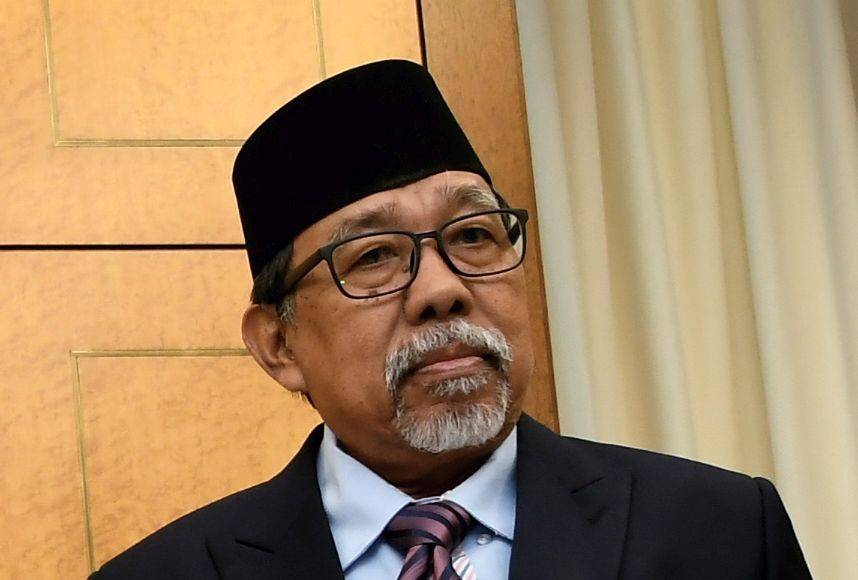KUALA LUMPUR: FGV Holdings Bhd plans to boost returns from its renewable energy (RE) projects as part of its recovery strategy from the Covid-19 pandemic.
Group CEO Datuk Haris Fadzilah Hassan said the waste-to-wealth initiative has always been an important element in the group’s business in view of abundant resources derived from its plantation and mill activities.
“These include producing biogas fuels (gas, solid and liquid) to generate power.
“This initiative can be enhanced as part of the group’s recovery strategy post-Covid-19. We are reviewing the initiatives under the segment to come up with a solid plan that could be executed immediately,” he said in a statement today.
He noted that among the immediate projects that could be carried out is the power generation business through its biogas captures at its palm oil mills.
Biogas is utilised as fuel for electricity generation via biogas engines to supply electricity to the national grid through the Feed-In-Tariff (FIT) mechanism governed by the Sustainable Energy Development Authority Malaysia (SEDA Malaysia), said FGV.
It is also used internally for rural electrification in Sabah, generating electricity to power up the homes of settlers in Felda Sahabat, Felda Cenderawasih and Felda Umas, the group said.
FGV’s Serting Hilir mill in Negeri Sembilan was the first FIT project in Malaysia to achieve Commercial Operation Date (COD) in 2006 followed by Tenggaroh, Maokil and Nitar mills in Johor while Triang and Keratong 9 mills in Pahang were the latest to supply to the National Grid this year.
FGV said it is also carrying out cost optimisation initiatives across the group in terms of fuel savings at its mills and plants via RE projects.
Citing MSM Malaysia Holdings Bhd’s plant which runs using shredded empty fruit bunches (EFB) supplied from the group’s mills in Johor as an example, the group said it had created RM60 mil savings in electricity.
The group is also expected to export palm kernel shells (PKS) to Japan within this year, as it was widely used for biomass power plants throughout the country for electricity power, in line with their government initiatives in promoting renewable energy, said FGV.
The Japanese government’s 2012 renewable initiative to depend less on fossil fuel has driven up demand, with the import of PKS by Japan nearly tripling since 2015 to 1.3 million tonnes in 2018, hence offering a great opportunity for FGV to explore and penetrate Japanese PKS market, ahead of competition from Indonesia, it said.
Apart from that, the group is also carrying a joint venture plan to build an EFB pulp and paper plant, it said.
Potentially located in Kuantan, Pahang, it is expected to be completed in 2022/2023 and would utilise between half a million to one million tonnes of EFB annually.
On the other hand, following the success of the first bio-compressed natural gas (Bio-CNG) plant at Sungai Tengi Palm Oil Mill, in Selangor, FGV said it is now planning to set up Bio-CNG/Bio-LNG plants at potentially 35 of its palm oil mill through external investments,
This is in addition to the FIT project, palm fibre oil extraction plants, biogas and renewable energy utility project in Sabah, which also involve external parties, it said.
According to FGV, the initiative was in line with Malaysia Energy Supply Industry 2.0 (MESI 2.0) plan to have 20% RE in the energy mix by 2025.
The RE Division which is under FGV Palm Industries Sdn Bhd consists of by-products, renewable energy and zero investment projects relating to biomass produced from palm oil mills. – May 18, 2020, Bernama









